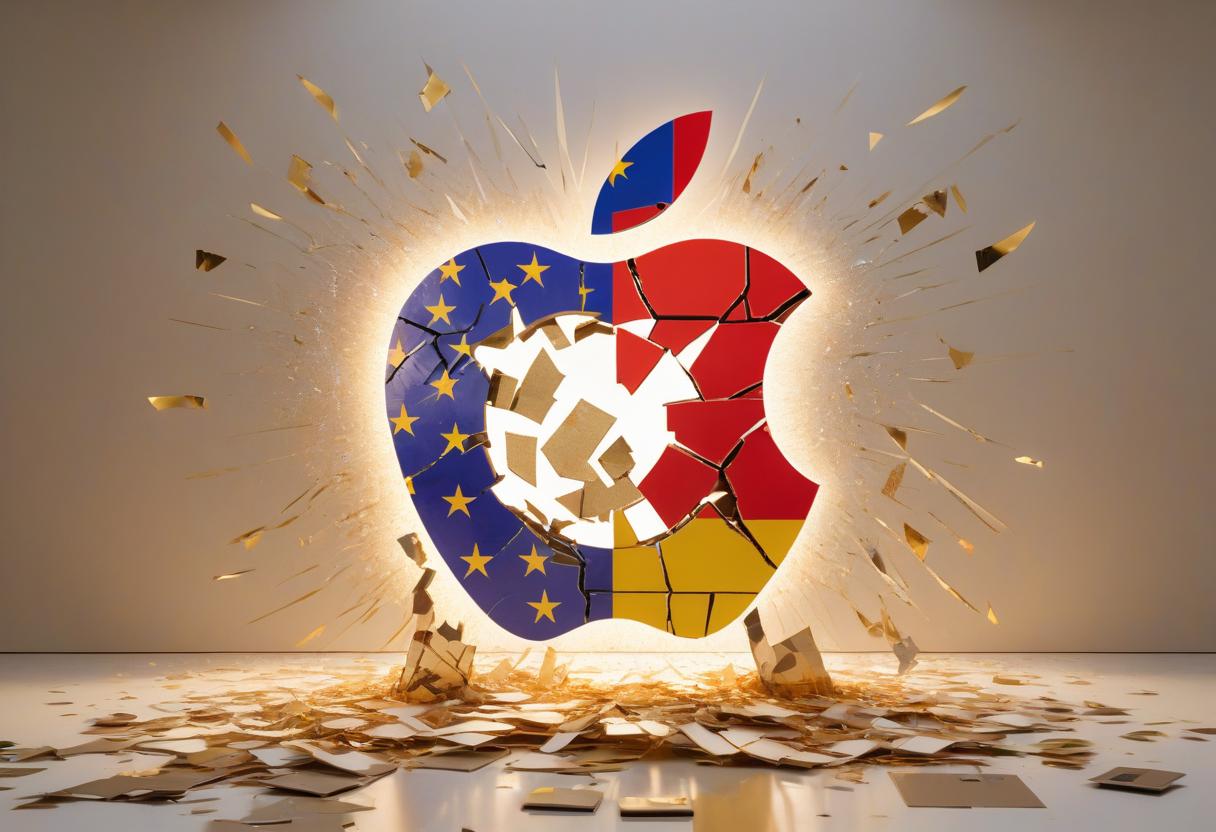In a significant move to enhance competition in the digital marketplace, the European Union has outlined steps that Apple and Google must take in order to comply with the Digital Markets Act (DMA). This landmark regulatory initiative aims to dismantle the monopolistic tendencies of major tech companies by enforcing interoperability and accessibility within their ecosystems, allowing third-party developers and competing technologies easier access to vital functionalities. The directives, which went into effect on Wednesday, mark a pivotal moment in the EU's regulatory framework aimed at curbing the dominance of so-called 'Big Tech' and ensuring a more equitable marketplace for consumers and developers alike. The EU's measures specifically target Apple's iOS operating system. Among the required adjustments, Apple is mandated to allow better integration with non-Apple devices, such as enabling notifications on competing smartwatches and improving the pairing process for third-party wireless headphones. Importantly, Apple must also enhance access for developers seeking integration with iPhone features, promising increased transparency in its communication and documentation practices. Teresa Ribera, the Commission's Executive Vice President, emphasized that these decisions are about fostering 'effective interoperability,' which can enrich consumer choice in a rapidly-evolving tech landscape. While this announcement has been welcomed by European consumer groups, Apple has responded vehemently, arguing that the regulations impose excessive bureaucratic constraints that could hinder innovation and slow down their product advancements in Europe. This tension further underscores a growing rift between regulatory bodies and major technology firms, where the balance of consumer protection and corporate innovation appears to be in constant flux. In a complementary context, Google also faces scrutiny for falling short of DMA compliance. The Commission's preliminary findings indicate that Google continues to prioritize its own services in search results, which could stifle competition by steering users away from rival platforms. Google has announced its intention to contest these findings, arguing they threaten user experience and could disadvantage European businesses. The ramifications of these developments could have far-reaching implications, not only for Apple and Google but also for the broader landscape of technology regulation around the world. This situation dovetails with similar antitrust challenges facing these companies in the United States, amplifying the need for a cohesive approach to regulating Big Tech both transatlantically and domestically. As the EU takes measurable steps to affect change in tech corporate practices, there is speculation about potential backlash from the U.S., where influential figures like President Trump have labeled such regulations as an attack on American businesses. However, the consistent regulatory push from Europe may also prompt U.S. lawmakers to reevaluate domestic antitrust approaches, especially as concerns grow over monopolistic behavior and consumer rights. The EU's actions reflect a growing global trend towards stricter oversight of technology companies, which may reframe the competitive dynamics of not just the digital marketplace but also international trade relations. With the potential for hefty fines and continued scrutiny from the Commission, this reinforces the idea that compliance with evolving regulatory standards can no longer be seen as optional for global tech giants. The situation remains fluid, and the forthcoming responses from both Apple and Google will be critical to watch, as their ability to adapt may determine their standing within the ever-changing landscape of digital commerce. This article has been analyzed and reviewed by artificial intelligence, providing insights into the broader implications of these regulatory changes.
Bias Analysis
Key Questions About This Article




